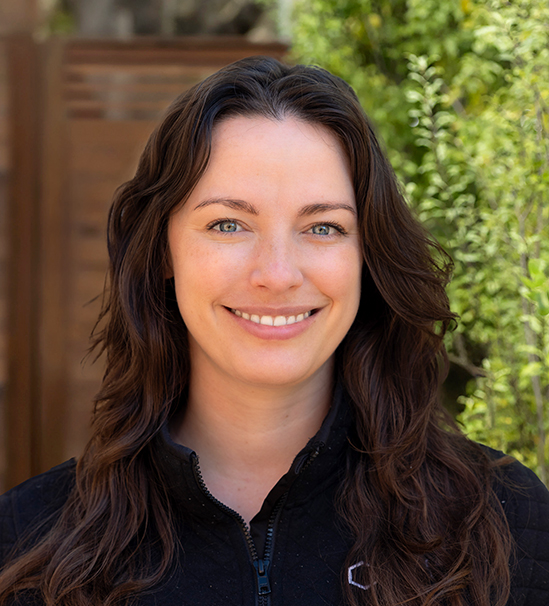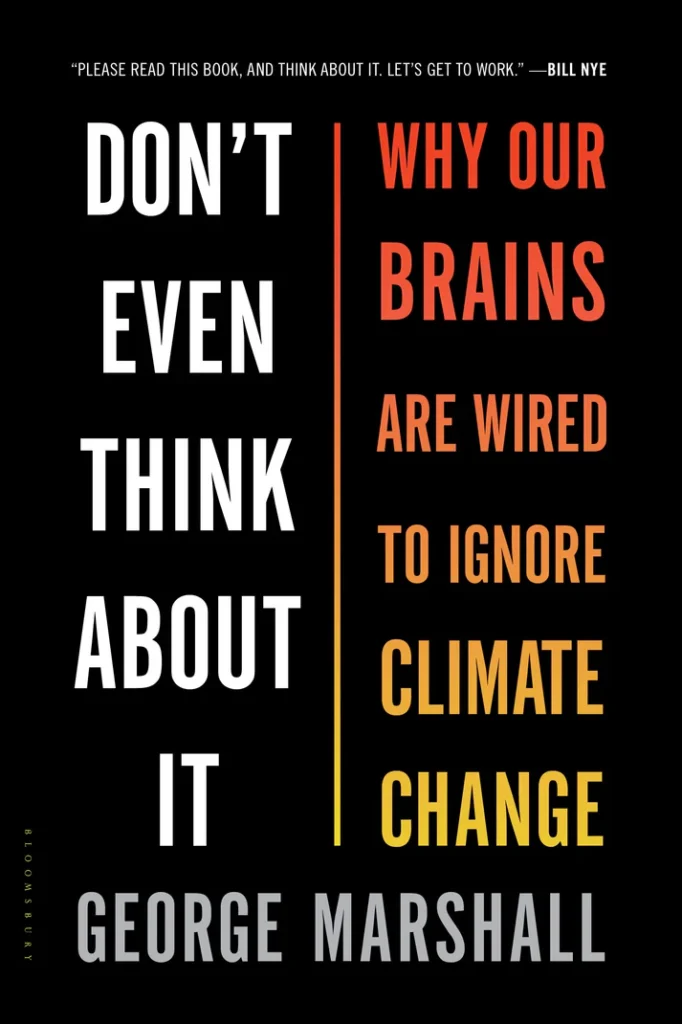
Communications & Content
Kristen
Winzent
Kristen has a multidisciplinary background in editorial content, communications, advertising, and brand marketing. She has worked with companies of all sizes to connect what they do and why they do it to the audiences they need to move. Kristen was on the brand team at Airbnb, part of the Pramana Collective, and a fractional CMO at The Regenerates.
As Head of Communications & Content at Gigascale Capital, Kristen brings to life the stories of people in climate tech building what's next. She holds a BA in International Relations from the University of Denver with minors in Mandarin and Economics.
closeBridging Art and Science to Tell the Stories of Climate Tech
Kristen, typically asking the questions, finds the mic turned on her as she discusses building brands from the inside out, translating complex tech into universal human stories, and the unique spirit of working in climate tech, with Merrill, Gigascale’s Head of Marketing.
Tell me about your career and how you came to work in climate.
I’ve always been curious about people, which I originally thought I’d put to use working in politics. It wasn’t until I did a PR internship in Beijing and was exposed to the dynamics of the media ecosystem that I decided to pursue a career in advertising. After the big agency thing, I went in-house at Airbnb and found a love for storytelling and building.
Eventually, I joined a small communications strategy firm, Pramana Collective, where I started to work on deep tech. We operated as kind of a communications SWAT team that would swoop in to guide companies through big inflection points. Things like launching your self-flying airplane for the first time and OMG the CEO just got fired. It was a little like Olivia Pope but with Post-its.
It was around the time that “The Uninhabitable Earth” came out, and doomerism was at an all-time high that the climate crisis came to my attention. I went down a rabbit hole trying to understand what was going on and was like, “Wow, this sounds like the hardest thing out there from a communications and human coordination problem, so I’m going to go work on that.”
Has anything felt different about working in climate tech compared to previous roles?
What originally surprised me when I got into the space is how much the climate crisis is a human condition. Yes, the systems we’ve created are highly technical, and transitioning them is complex, but the barriers more often than not are human-made obstacles.
Now that I’ve been in the space for a bit and worked with a broad swath of companies across industries and stages, I’m continually surprised at how textbook the communications challenges are. These are companies like any other, and more often than not, because the tech is complicated or the industry is nuanced, doing good work is more about getting back to the basics of good marketing and communications.
What does ‘brand’ really mean in the early stages and what impact does it have?
Distilled to the most simple essence, it’s the way you show up in the world and a point of view that’s expressed through rituals, stories, the product, the employee experience, customer interactions, and so on. The secret of building a great brand is that it’s less about gloss and more about the basic human truths, aspirations, and motivations that connect a team and their customers or audience.
When you take stock of this stuff early on, it’s easier to build it into the ways you operate as a company so that it becomes “how we do things around here.” The longer you wait, the more convoluted brand work becomes, and that’s how things start to feel fake or confusing.
To get super tactical, the reasons for doing brand work early are primarily recruiting and investment—because a compelling brand draws others in. Even if you’re a hard tech company that won’t be commercial for a while, brand work can be a useful guide for engaging partners or policymakers and it can help you lay the groundwork for how you engage customers down the road.
How does this differ from a company’s communications or marketing?
The brand is the foundation. Think things like mission, vision, values, and a point of view, belief, or feeling you’re working to realize in the world. This is the soul that feeds communications and marketing.
Put another way, brand is why you’re doing things in the first place. It’s the essential articulation of who you are and why you’re here, and it shouldn’t change a ton. Communications and marketing are then the how and where you reach people, which adapt as you learn more about the audience and iterate on the product.
For example, there’s a tendency in a lot of tech companies to start with the product. Being able to explain how something works and the benefits of using it is a very important marketing and communications exercise, but those things will change as you iterate your product. The brand is the enduring reason for being or ways of thinking that ideally don’t change as quickly as the product. The value is that is in having a consistent foundation that you can build a reputation upon over time. In a lot of ways, the brand allows you to develop the product without confusing people.
How do you work with technical teams to translate complex products into stories?
It’s really about asking questions that get at the motivations and core human truths. And having the humility to ask the “dumb questions” because those are the ones that strip away complexity. What you’ll often find are things that you bring to life over and over again in stories and touch points for internal and external audiences.
This way of broadening a company’s story beyond explaining how the product works can feel unnatural for people who are immersed in the building everyday, but it’s how you bring people into the fold. In climate, we really need to do this kind of legwork. Otherwise it’s easy to get ignored or dismissed as too niche to care about.
Or frankly, someone else will frame your solution in the completely wrong context and that will become a perception you have to do the work to shift. It’s easier to define it yourself from the beginning.
What keeps you motivated and grounded working in climate change?
It is truly all about the people. It’s wildly inspiring to see people at the height of their careers, who could be doing anything, choose to take the tools and skills that they’ve honed and now point them toward a shared mission.
There’s a level of humility too. You don’t see the solo saviorism in this space. More often, when I’m interviewing founders, they start telling me about their team or why their co-founder is the amazing one.
It’s a spirit that’s easy to miss from the outside because we’re all just doing business and building companies, but once you’re in it you realize that the way people are using the tools of business, for example, feels different.
Kristen’s Go To Resources
“Don’t Even Think About It” by George Marshall is a must-read for anyone curious about motivating people to climate action. Otherwise, use LinkedIn to keep up with climate news and have to shout-out Cipher News for their clear-eyed reporting on the energy transition. I’m also a fan of Atmos for their ability to tap into the beauty and absurdity of being alive.



